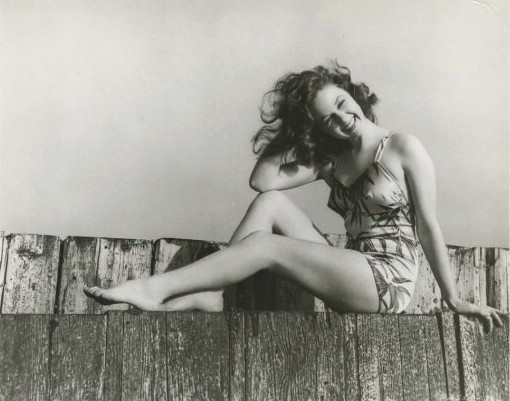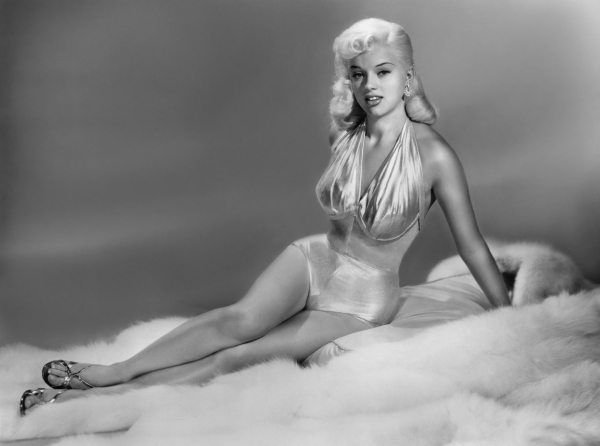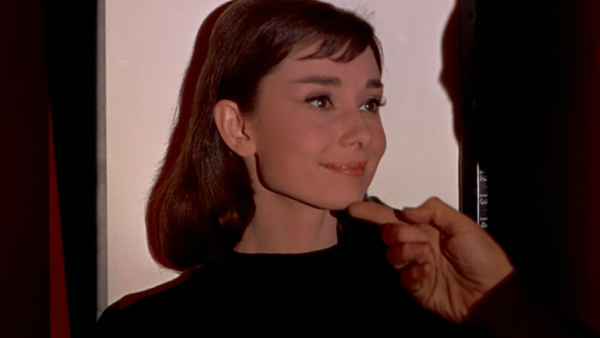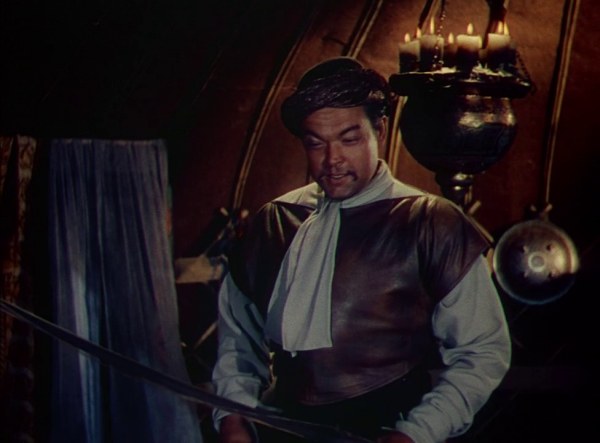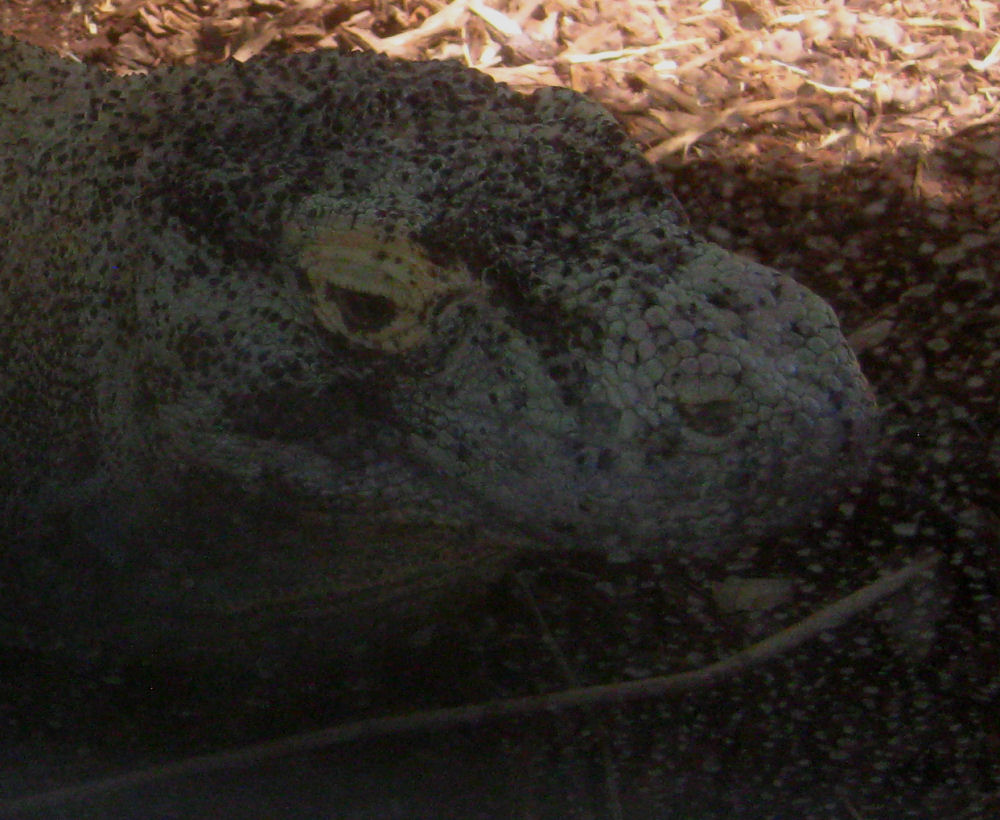
Susan Hayward's portrayal of a woman on death row is based on the true story of Barbara Graham, a young woman who was convicted for murder and put to death in 1955. The 1958 Robert Wise film is the first of the films Susan Hayward made after her suicide attempt I've seen so maybe it's somewhat ironic the movie is called I Want to Live!--the exclamation mark is part of the title. As I said yesterday, Yield to the Night is the better film and it's easy to compare the two because of how much they have in common. Not only subject matter but both are films noir employing Dutch angles and Expressionist cinematography. I Want to Live! is a much more self-conscious film and has an Oscar bait feel to it--and indeed, it's the film Hayward finally won Best Actress for. Though I bring up her suicide attempt mainly as a possible explanation for the fact that her performance isn't as good in this film as examples of her work I've seen from before her attempt at suicide in 1954.
Hayward had a long career in film, her first major role co-starring with Ray Milland and Gary Cooper in Beau Geste. Seeing her in that film, it's hard to believe she had a destiny as an Oscar winner, coming off as another of a bland series of Olivia de Havilland surrogates in the adventure films of the 1930s. But her abilities seemed to increase dramatically throughout the 40s and her roles got more interesting, too. Her first nomination, and the movie she really ought to have won Best Actress for, was for her chaotic portrayal of a maniacal alcoholic based on the life of Bing Crosby's wife, Dixie Lee, in 1947's Smash-Up, the Story of a Woman. Joan Crawford was nominated the same year for Possessed and she also would have been a worthy winner--but, in a fairly typical move for the Academy even to-day, the award went to an utterly unremarkable performance in an absolutely unremarkable film, Loretta Young in The Farmer's Daughter.

Her portrayal as Graham actually reminded me a little of her performance in Beau Geste and I wonder if her suicide attempt left her bereft of the spirit for her art form she cultivated in the 40s and early 50s.
The movie portrays Graham as an innocent woman wrongly convicted--though the reality is more controversial. In contrast to Yield to the Night, I Want to Live! was made in these barbaric United States where the death penalty is practised even to-day. The film may be taken as anti-death penalty or simply as critical of the justice system. Certainly the unenthusiastic counsel, unethical treatment by law enforcement, and smear campaigns by the tabloids, portrayed relatively accurately in the film, all tipped the scales out of Graham's favour to a much greater degree than they otherwise would have been.

The film is based on Barbara Graham's letters to and newspaper articles by Pulitzer Prize winning journalist Ed Montgomery who was complicit in the making of the film. He led the charge against Graham when she was on trial, giving her the nickname "Bloody Babs" in the headlines but then after the trial was a champion for her innocence. The movie portrays this as Montgomery being swayed by a criminal psychologist who interviewed Graham and becoming convinced of her innocence--it's hard to say whether Montgomery was admirable for being able to admit when he'd made such a horrible mistake or if he was simply willing to go for the most sensational story possible, in whichever direction that might be.

Hayward's introduced in a pretty sensational shot, silhouetted smoking in the darkness apparently in the afterglow of orgasm. We learn she's a pretty wild dame who parties with a variety of criminals and is happy to take the rap for people, even doing time for perjury, something which ultimately helps seal her doom.

But she never kills anybody, which makes this film considerably less challenging than Yield to the Night or even Lars von Trier's fantastically melodramatic Dancer in the Dark. In that film, Bjork gives a brutal performance as a woman who's sentenced to death for murder after she shoots the man trying to rob her of the money she carefully saved up to pay for surgery to cure her young son of blindness. But von Trier wisely realised that a film should be less about making an intellectual argument and more about people. The arguments manifest best and naturally afterwards.
I Want to Live! doesn't really succeed at this, either, though Hayward's performance as as the rough edged Graham is a lot of fun, especially in scenes where she talks just as tough back to cops as they talk to her.







